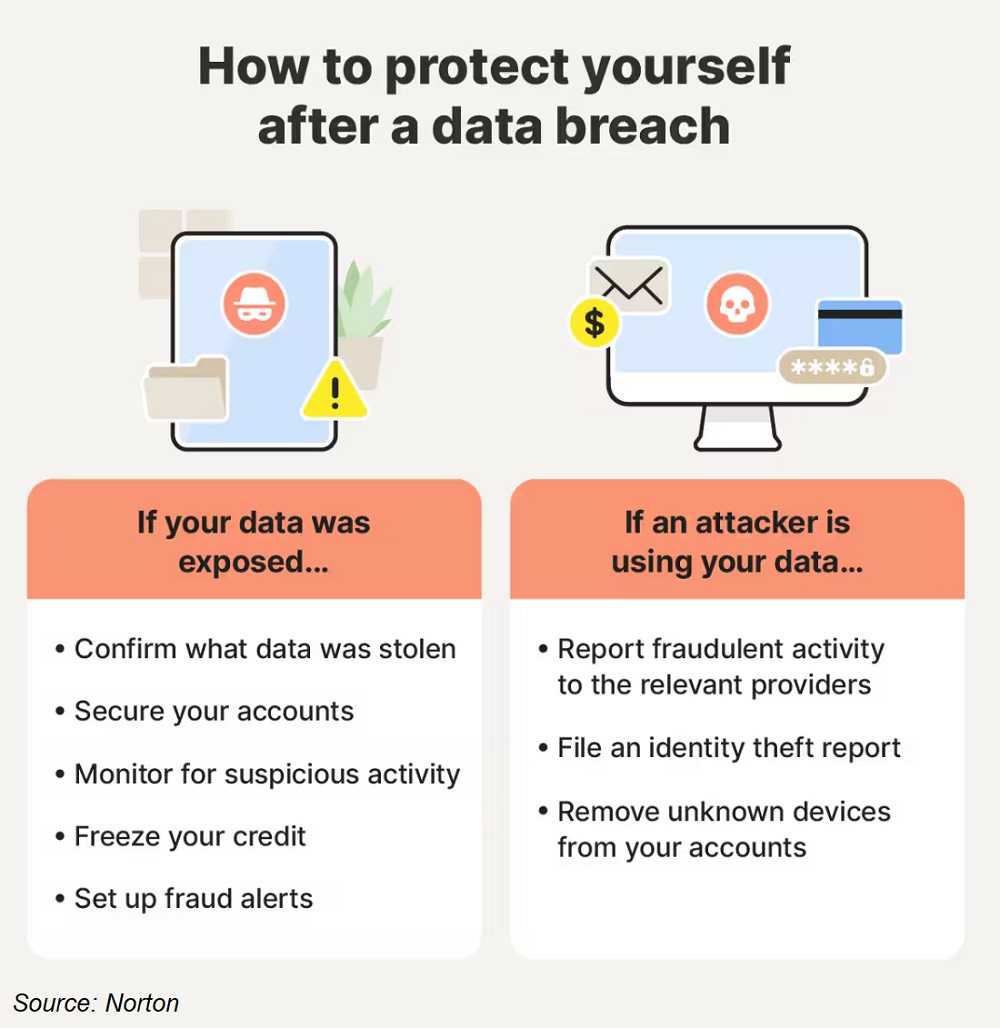Hackers Drain DaVita--Sensitive Patient Data Leaked in Mega Breach
By: Jim Stickley and Tina Davis
November 6, 2025
DaVita just learned the hard way what happens when ransomware gangs come knocking. Between March 24 and April 12, 2025, hackers broke into the kidney dialysis giant’s lab systems, decrypted files, and snatched a massive trove of data before anyone could kick them out. DaVita says patient care wasn’t interrupted, but the backend chaos was another story.
How bad is it? Try 2.7 million confirmed victims so far. The ransomware group Interlock is bragging about the hit, claiming they made off with 1.5 terabytes of data. They even posted proof on their leak site because, well, that’s what cybercriminals do. They need the kudos.
What’s in that stash? Names, birth dates, addresses, Social Security numbers, lab results, insurance details, even Social Security numbers, and check images. Basically, everything you’d never want floating around the dark web.

If DaVita drops a breach letter in your mailbox, don’t toss it. Here’s what to do with the information:
- Sign up for the free Experian IdentityWorks monitoring. If you already have one that’s active, it won’t be of much benefit to have them overlapping. So, wait until that one expires or until the last possible moment to sign up for this one, before they no longer allow you to.
- Lock down your credit with a freeze or fraud alert. This prevents anyone, including you, from opening new credit accounts in your name. You can unfreeze and refreeze at any time. Some of the orgs even let you put a time limit on the unfreeze before they automatically refreeze it.
- Watch your accounts like a hawk. Check your payment card charges, checking accounts, and any other financial accounts for suspicious activity. Anything that looks odd should be reported to the financial institution right away.
- Never trust a random email promising “help”. If you need help, look up legitimate phone numbers by going directly to the financial organization’s website. Don’t use any contact information in suspicious email messages or texts.